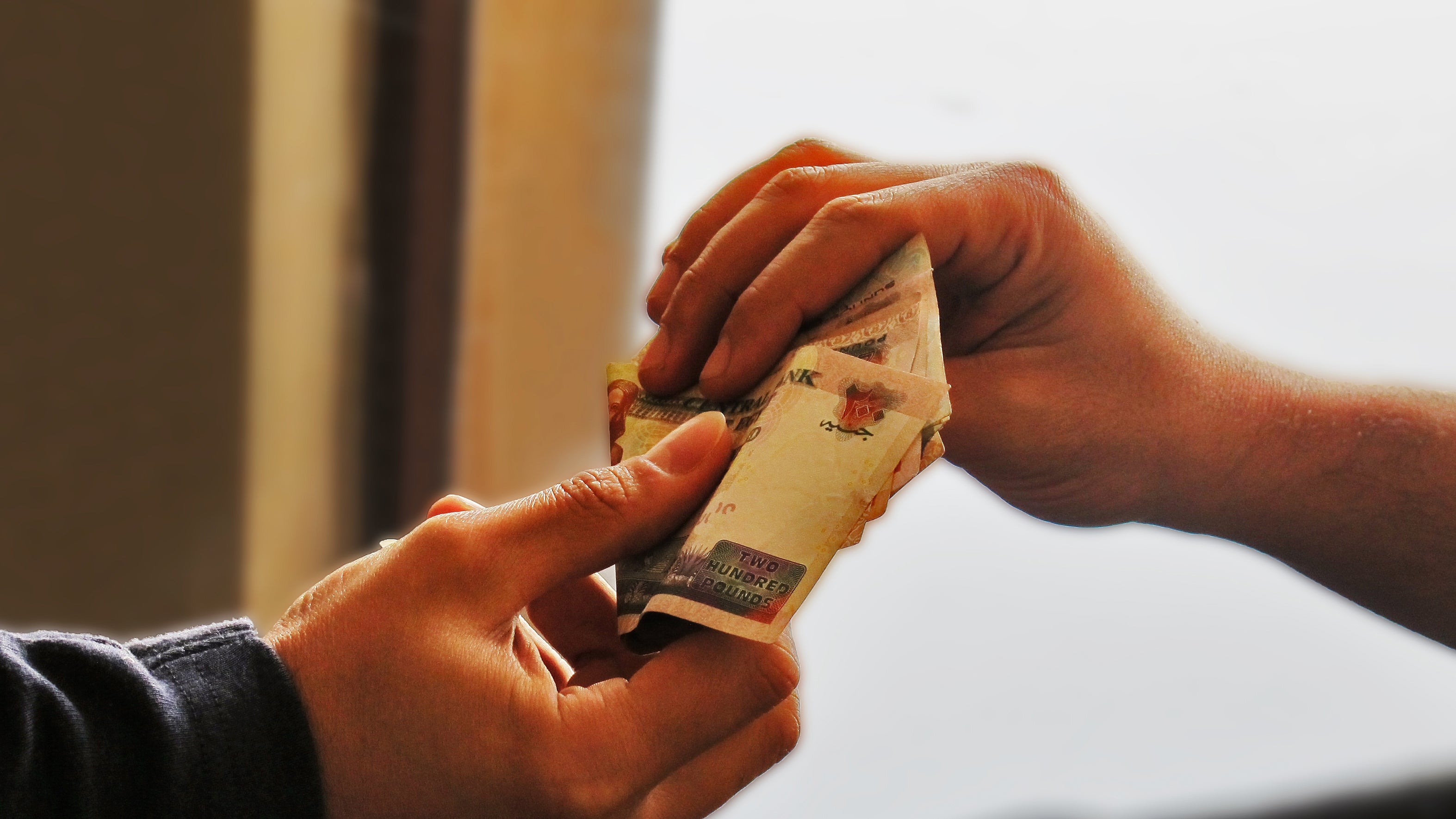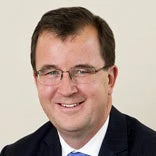
Under the weight of great expectations and the glare of television cameras, delegates gathered last week for the Third International Conference on Financing for Development in Addis Ababa.
Global leaders, civil society and private sector representatives exchanged ideas on financing the ambitious Sustainable Development Goals. The conversation represented a paradigm shift in how we think about development. UN Secretary General Ban Ki Moon spoke of a world, “in which both the global population and resource constraints are growing,” and consequently one in which, “development finance needs a reboot.”
A vital component of that reboot is helping developing countries generate and, importantly, retain domestic resources to fund programs and infrastructure. This “retaining” can’t happen without concerted efforts to reduce illicit financial flows (IFFs). Corruption, tax evasion and money laundering are the fuel in the engine of illicit flows. They drive resources from where they are needed into the hands of a corrupt few.
The Addis Ababa Action Agenda set a clear objective: “We will redouble efforts to substantially reduce IFFs by 2030, with a view to eventually eliminating them.” But how do we make this happen? The World Bank Group has a role to play in this fight, but much needs to be done and we will only get there with more cooperation at an international level.
- First, it is critical to address the sources of IFFs by reducing criminal activity, corruption and tax evasion.
- Second, IFFs need to be halted to prevent illegal money from leaving the country.
- Finally, third parties – especially financial intermediaries and other service providers - need to stop accepting those assets.
All countries must have the right laws in place, but equally important, the capacity to implement them. Existing rules to identify the beneficial owners of assets and prevent the operations of shell companies and other opaque structures need to be enforced.
A system for exchanging tax information is as vital as preventing tax evaders and money launderers from hiding their ill-gotten gains. Ensuring that cross-border financial flows use formal financial systems is also key to tackling IFF – this is the essence of the work the World Bank Group is conducting with the Financial Stability Board and the G20 to address derisking, and preventing international transactions from going underground.
The World Bank Group has the convening power and the technical expertise to help countries achieve these goals. We can bring together developed and developing countries, coordinate global activities, and help shape global standards.
The agreement reached in Addis Ababa provides a strong platform to advance this agenda, notably by moving the work to the country level. Our experience and know-how in resource management, financial and fiscal transparency, governance, tax, financial intelligence and regulation, anti-money laundering, and the return of stolen assets can help countries devise tailored solutions to stem IFFs.
We stand ready to collaborate with civil society organizations and the private sector, as private companies must do their part to ensure their tax and trade practices comply with local laws.
In Addis, I participated in a lively discussion at an event we co-hosted with the UNODC and the OECD on IFFs with Oxfam and government representatives from Kenya, the US, UK, and Sweden. We sought to identify the concrete actions needed to address IFFs and increase revenue in developing countries.
This discussion was only a starting point on the road to 2030. Declarations, commitments, and intentions will remain just that unless they are followed up with concrete actions to stem IFFs.
This is not an abstract challenge, but one that affects the lives of millions of people around the world. Every dollar diverted means less money to spend on clean water, health clinics, teachers and more. It strips developing countries of the resources that belong to them and should be spent on their development priorities.
We hope that all countries, international organizations, the private sector and civil society will build on the momentum of Addis Ababa to come together to tackle this critical development challenge. I look forward to continuing the dialogue as we discuss the financing for development agenda. Success lies with all, but failure to address illicit flows will fall upon the poorest and most vulnerable, and we cannot allow that to happen.


Join the Conversation